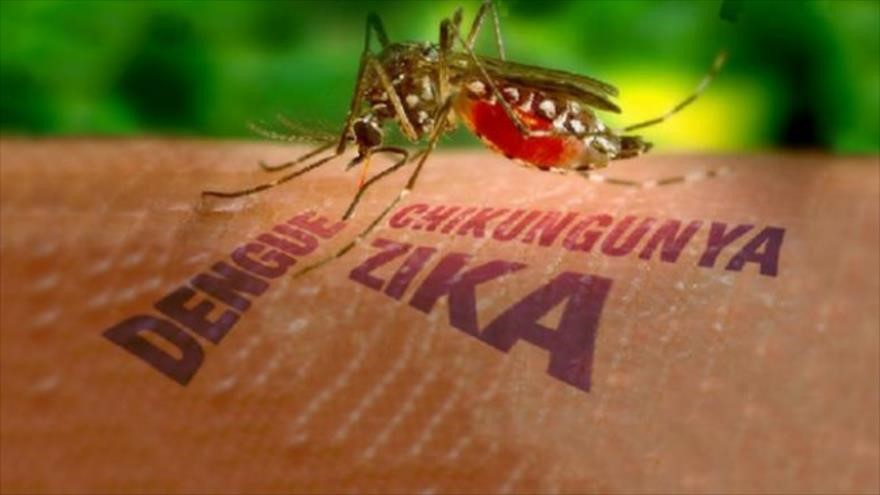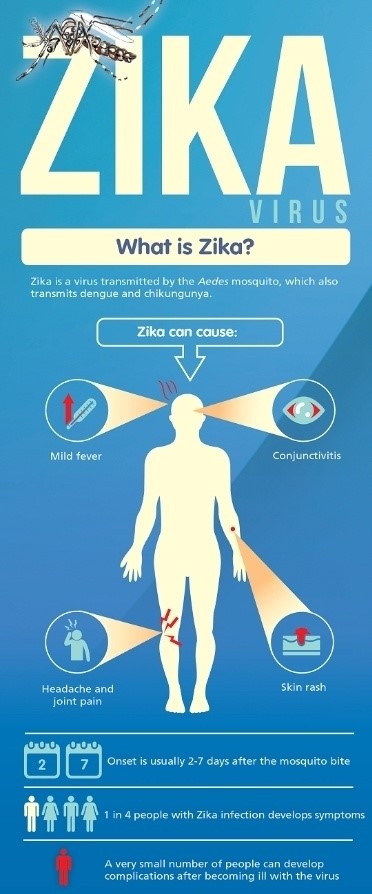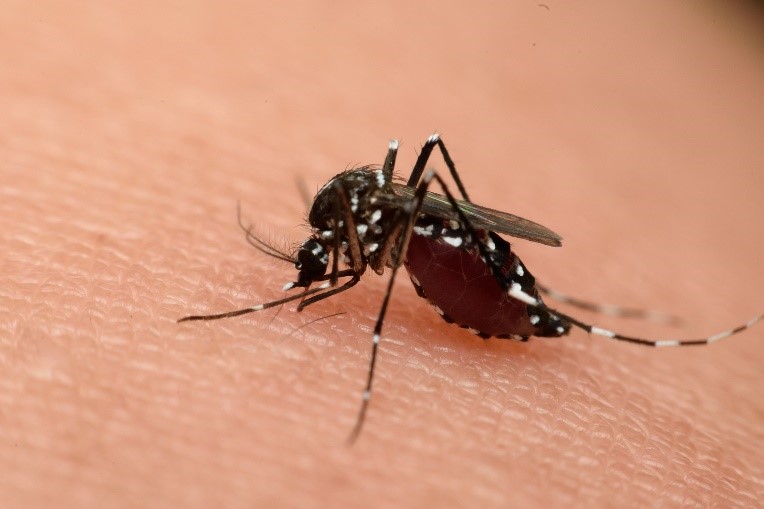Zika Virus: Symptoms and Treatment

The brutal effect of Covid 19 has not been over yet and another worrying situation of the Zika virus is knocking at the door. The first case of the virus was reported on 23rd October in Kanpur when a warrant officer of the IAF tested positive for the infection. Currently, the number of cases has risen to 89 that sounded alert in the city. According to authorities, among 89 cases, 55 are men and 34 are women, of these 12 are Indian Air Force (IAF) personnel.

What is Zika Virus?
Zika virus is a mosquito-borne virus infection, that occurs by the bite of an infected mosquito Aedes mosquito. These mosquitos usually bite during the early morning and late afternoon or evening. Other infections like dengue, chikungunya and yellow fever also occur by this mosquito. Having said that, all mosquitos do not cause this infection and all people do not get infected by this virus. It usually occurs in densely populated areas where water is clogged due to monsoon rains. Clogged water causes exponential growth of mosquito population and people, living around these areas are prone to get infected by the virus. It can also cause birth abnormalities.
History of Zika Virus
The first identification of the Zika virus happened in Uganda in 1947 in monkeys, later happened in humans in 1952. In 2007, a massive outbreak of the Zika virus occurred on the Island of Yap 2007. Several countries have experienced this virus infection. In India, the Zika virus was first detected in 1952-53, later in 2016-17, Gujrat experienced a massive outbreak that spread in Rajasthan and Madhya Pradesh in 2018.
Symptoms of Zika Virus
The incubation period of the virus is uncertain; however, it may last up to a few days. The symptoms are mild, which includes flu-like fever, rashes, headache, red-eyes, conjunctivitis, joint and muscle pain. In this virus infection, death is very uncommon and in rare cases, the patient may require hospitalization. The symptoms of the Zika virus are very much similar to dengue, and chikungunya.

Treatment
The infection of the Zika virus remains in the infected person’s body for about a week. In the case of any suspect developing the symptoms of the virus or on coming in contact with an infected person, one needs to see the doctor, so that necessary tests can be conducted to determine the infection. Although there is no specific medicine or vaccine for the treatment once the infection has been diagnosed, one needs to have plenty of rest, drink enough fluids to prevent dehydration. It is advisable that one needs to provide information to the doctor about any ongoing medication. To reduce fever and pain, medicine like- acetaminophen (Tylenol) can be taken. Taking aspirin and other non-steroidal anti-inflammatory drugs (NSAIDs) are not recommended until dengue has been ruled out.
Steps to take while providing care
- Always wash hands with soap after providing care to the infected person.
- Do not touch any body fluids or blood of an infected person with exposed skin.
- Keep the environment and surfaces clean with disinfectants and household cleaners.
If clothes get any body fluid or blood on them, immediately clean them with detergent.